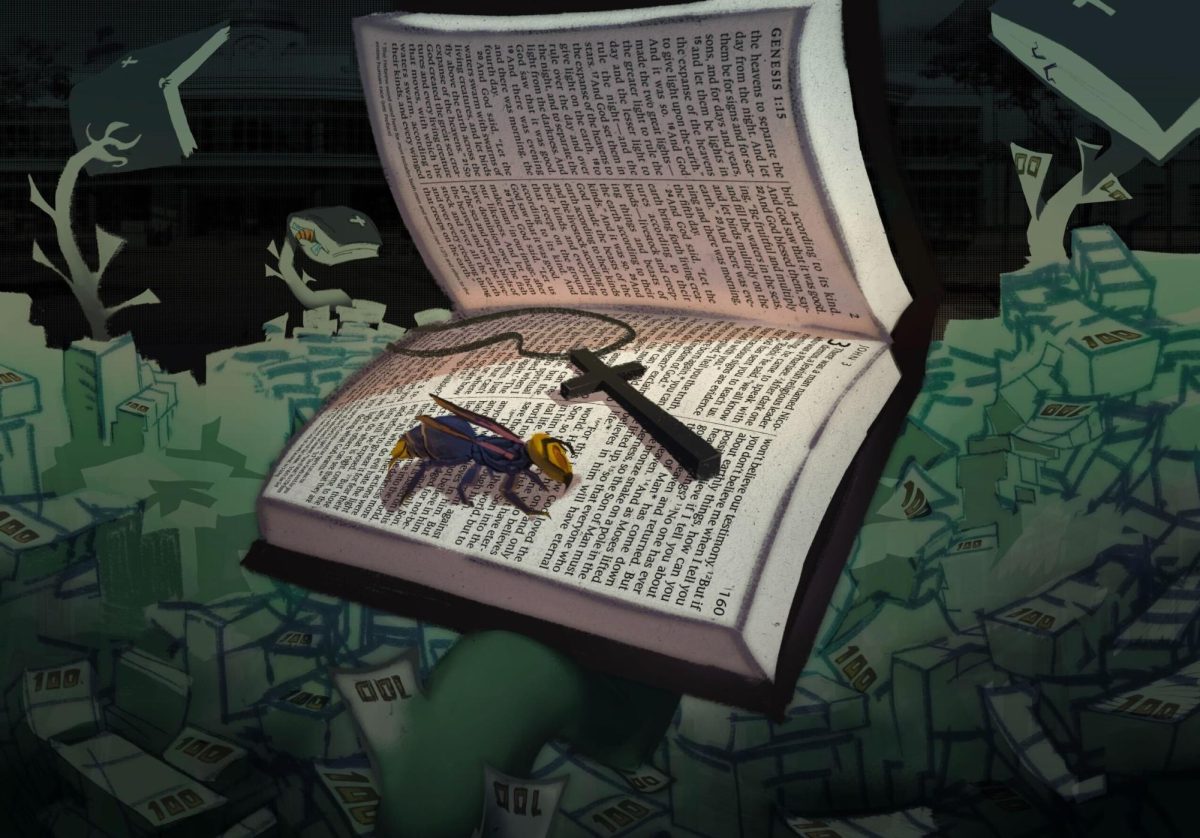Faculty are concerned phantom students may harm student enrollment
Fraudulent student accounts found this semester may lead to adjunct faculty and students losing classes. Faculty are concerned phantom students may harm student enrollment. Photo credit: Adjunct Faculty United Instagram
February 27, 2023
This semester, Fullerton College uncovered over 3,000 fraudulent student accounts with the intent of gaining financial aid from the state. There were a total of 3,427 fake accounts that were enrolling for classes with no intent of showing up or submitting work.
Some faculty are concerned that these fraudulent students may cause potential harm by leading to canceled classes.
If classes are under enrolled, they are subject to being canceled. Full-time faculty have priority for classes because they have to meet their required class load, so when there is an increase in class cancellations, it is usually adjunct faculty whose classes are canceled.
If there are classes being filled by these phantom students, once FC staff finds a way to determine if they are real or not there may be very few real students left. Representatives for the faculty unions are concerned these phantom students will be the cause of class cancellations.
Class cancellations can also affect students. If a class is canceled because of phantom students, those real students who are left in the class lose out as well.
“Faculty were informed about the large enrollment of phantom students only the week before the semester started,” said Mohammad Abdel Haq, the lead negotiator for United Faculty, the full-time faculty union. “This undoubtedly gave faculty a very short time to react and likely resulted in students that couldn’t register at Fullerton College to go to another community college to enroll in courses that were open.”
“I’m not aware of this specific scenario taking place, but it is not beyond the realm of possibility,” said Director of Campus Communications Lisa McPheron. “We want to do everything we can to make sure the college is accessible to students so we don’t lose them to other colleges.”
Vice President of Instruction Jose Ramon Nuñez sent a letter to faculty about phantom student on Jan. 13. The semester began 10 days later on Jan. 23.
“It is highly disruptive that these bad actors attempt to take up seats in real classes,” explained McPheron. “Unfortunately some do get past our safeguards. When that happens after the semester starts, the college does rely on the faculty to drop for non-participation or non-attendance.”
While online classes are convenient and beneficial to a large selection of students, they also make it hard to manage the issue of phantom students. It is harder for professors who teach online to know who is actually taking the class, according to Naveen Kanal, head women’s golf coach and adjunct faculty representative to the faculty senate.
Kanal added that it’s difficult to recruit the amount of students they need for an online class, if it is under enrolled or if students are dropped.
“You don’t have an opportunity to walk into campus or ask people on campus and say, ‘Hey, take my class,’” he said. “Online recruiting is harder.”
McPheron emphasized that the college was dropping students to ensure there would be spots in classes for real students.
“Several rounds of drops were made so real students would have access to Fullerton College courses,” said McPheron.



















